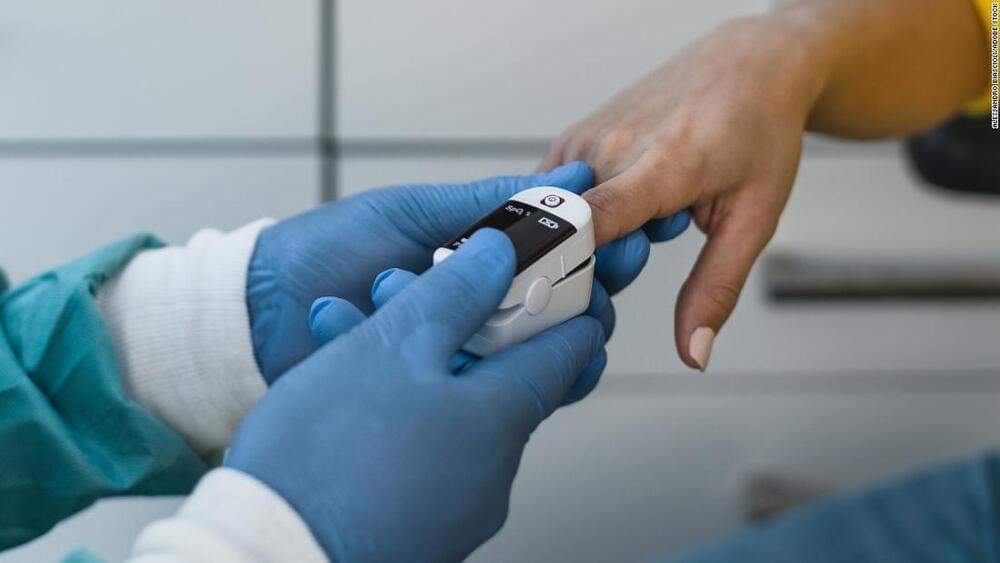View insights.
Often when Dr. Thomas Valley sees a new patient in the intensive care unit at Michigan Medicine in Ann Arbor, he clamps a pulse oximeter on their finger – one of the many devices he uses to gauge their health and what course of care they might require, whether they are a child having seizures, a teenage car accident victim or an older person with Covid-19.
But recently, Valley, an assistant professor in the University of Michigan’s Division of Pulmonary and Critical Care, realized first-hand that the small device may yield less accurate oxygen readings in patients with dark skin.
One end of the device sends light through the finger while a sensor on the other side receives this light and uses it to detect the color of your blood; bright red blood is highly oxygenated, while blue or purplish blood is less. If the device isn’t calibrated for darker skin tones, the pigmentation of the skin could affect how the light is absorbed by the sensor, leading to flawed oxygen readings.
